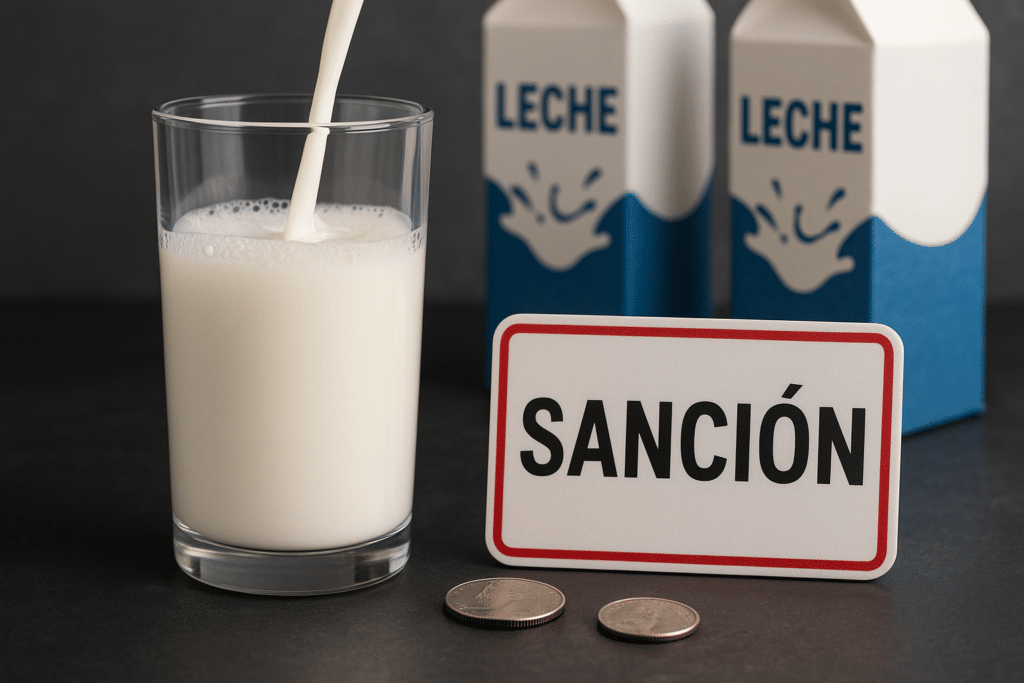FRISBY S.A. BIC, the well-known Colombian fast-food brand, has experienced a complex legal journey regarding its trademarks in the European Union. The case demonstrates how a strong domestic brand can face serious risks abroad when trademark rights aren’t actively monitored, renewed, or defended.
Here’s a breakdown of the key developments:
🕰️ 1. Timeline of FRISBY’s Trademark Activity in Europe
February 2004
FRISBY S.A. BIC filed a figurative trademark application with the European Union Intellectual Property Office (EUIPO) under the name FRISBY by Frisby S.A. BIC, covering classes 29, 30, and 43 (food products and restaurant services).
February 2005
A formal opposition was filed by German company Norma Lebensmittelfilialbetrieb Stiftung & Co. KG, claiming likelihood of confusion under Article 8.1 of the EU Trademark Regulation (EUTMR).
December 2024
That trademark is currently marked as pending cancellation in the EUIPO database.
There was also a second figurative registration: FRISBY POLLO FRITO, which expired on December 13, 2024 due to non-renewal.
✅ 2. The Current Active Trademark: FRISBY (Word Mark)
While FRISBY S.A. BIC lost its figurative marks, a new word mark for “FRISBY” is currently active in the EU—but it belongs to a different party.
Key details:
● Application number: 019074115
● Filing date: September 2, 2024
● Registration granted: December 17, 2024
● Owner: A third party, not affiliated with FRISBY S.A. BIC
● Trademark type: Word mark (nominative)
● Classes covered: 29 and 43
● Territory: All EU member states, including Spain
● Validity: Until September 2, 2034
⚠️ 3. Missed Opportunity to Oppose
The EUIPO issued a search report collision warning to FRISBY S.A. BIC, stating that their previous trademark appeared as a possible conflict under Article 43.7 of the EUTMR.
However, no opposition was filed during the allowed period (September 5 to December 5, 2024). As a result, the new trademark owner successfully secured full EU rights to “FRISBY”.
⚖️ 4. Relevant Legal Framework
● Article 8.1 – Opposition due to likelihood of confusion
● Article 8.5 – Protection for well-known trademarks
● Article 58 – Cancellation for non-use
● Article 43.7 – Informative collision notice (not a legal judgment)
This case highlights a critical truth: registering a trademark is not enough. Protecting a brand internationally requires:
● Regular renewals to prevent expiration
● Monitoring and opposing potentially conflicting applications
● Active legal response to official notices
By failing to act—even after receiving an official EUIPO notice—FRISBY S.A. BIC effectively allowed a third party to take over the FRISBY name across Europe.
Does your business operate internationally or plan to?
Now is the time to review and secure your trademark rights beyond your local market.
If you’d like assistance in monitoring, registering, or defending your brand internationally, we’re here to help.




